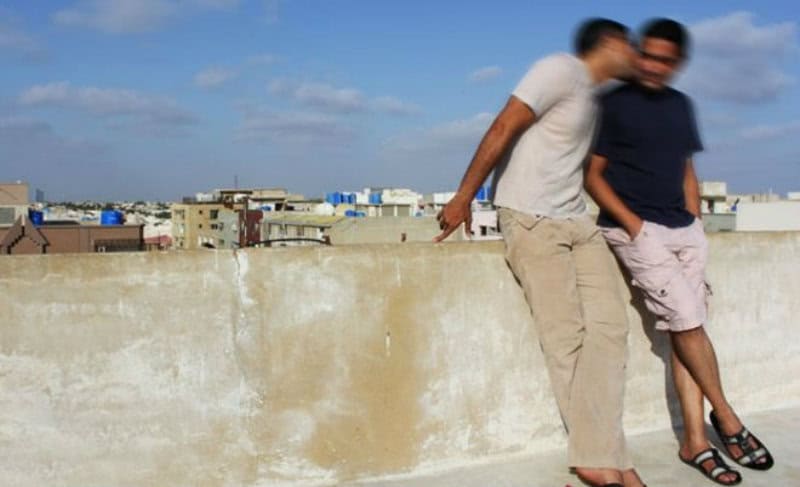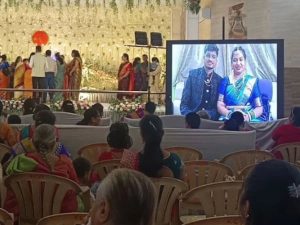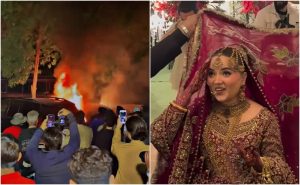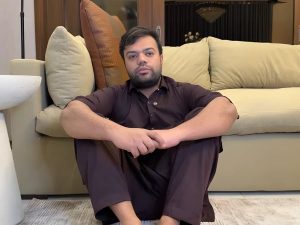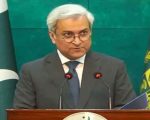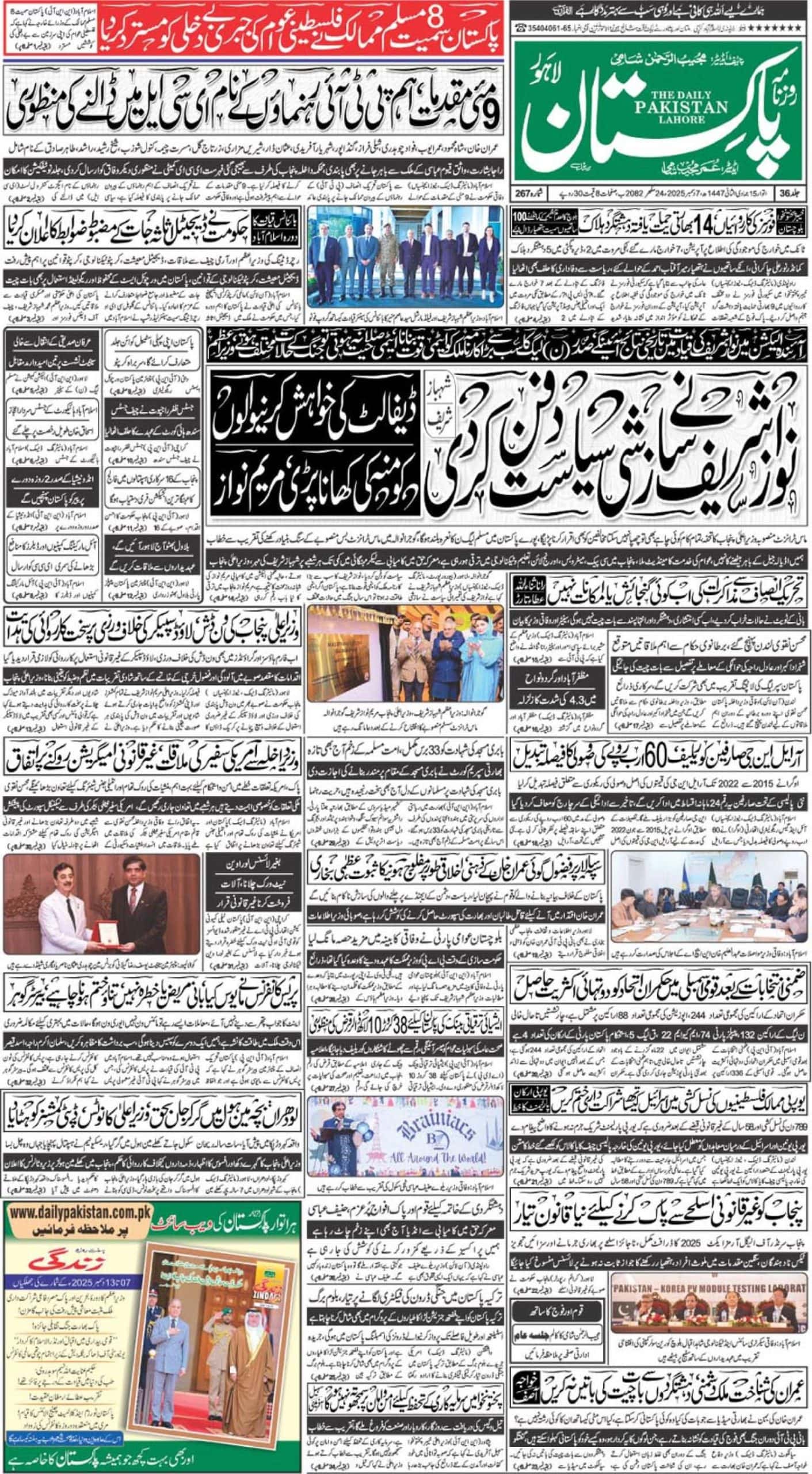LAHORE (Staff Report) – While same-sex marriage has been legalised in United States of America and many parts of Europe, gay rights activists are trying to express themselves in Pakistan as well.
And they actually did after BBC Three’s documentary “How Gay Is Pakistan?” shed light on the transgender world of Kami, and her partner Sid whose dream is to be married in South Africa.
Read: ‘HOLY and HOMO’: America’s first gay ‘imam’
According to the odd pair, an Imam lives in South Africa who apparently endorses homosexual marriage within Islam. This also makes them Pakistan’s first gay couple to openly announce plans of marriage.
The BBC’s representative visited a number of very articulate professionals, from lawyers – (according to whom Pakistan’s anti-gay legislation is a direct handover from the legal system of the British Empire) – to health workers.
When he went off with Kami and Sid to consult a marriage counsellor about their plan, she seemed to endorse the idea, until they said they were planning to return to Pakistan as a married couple.
The future of their friend Shahzadi, another transgender woman who was debating whether to proceed with sex-change surgery, looked equally uncertain.
That didn’t prevent Kami and Shahzadi from heading off to the bazaar to shop for a wedding-dress, as the documentary shows.
Read more: ‘Masturbation is imperative and necessary to avoid adultery’
Kami wanted something traditional, and the shopkeeper seemed surprised to be asked if such shopping requests “happened often”. For him, it was haram, but he stopped at words.
Less so those who congregated around the couple on the street: if there hadn’t been a television camera on hand (and presumably a security escort, too), it might have ended in violence.
The documentary, although covers a few gay couples who want to marry outside Pakistan, proves to be highly misguided and has fully ignored the majority sentiments. The documentary appears as a pre-planned yet a failed attempt to highlight ‘liberalisation’ trends and ‘increasing globalisation and social tolerance’ in the shape of public gay parties in Pakistan.
Being open about one’s sexual orientation, such as lesbian, gay, bisexual person is considered a taboo in many parts of Pakistan.
Same-sex marriages and civil unions in Pakistan have no legal recognition. However, in what was seen as a historic move in 2009, the Supreme Court of Pakistan ruled in favour of the civil rights of transsexual citizens.
Pakistan’s law criminalizing consensual same-sex relations dates back to October 6, 1860 under the colonial rule of the British Raj. Written by Lord Macaulay, the Indian Penal Code 1860 (as it was named at the time) made same-sex sexual acts illegal under the Anglo-Saxon law of “Unnatural Offences”, known as carnal knowledge.
After Pakistan received independence in 1947 the parliament decided to continue using the same penal code just with a new title Pakistan Penal Code (Act XLV of 1860), PPC. Within the PPC, “Unnatural Offences” Article 377 states: “Whoever voluntarily has carnal intercourse against the order of nature with any man, woman or animal, shall be punished with imprisonment […] for a term which shall not be less than two years nor more than ten years, and shall also be liable to fine”.

